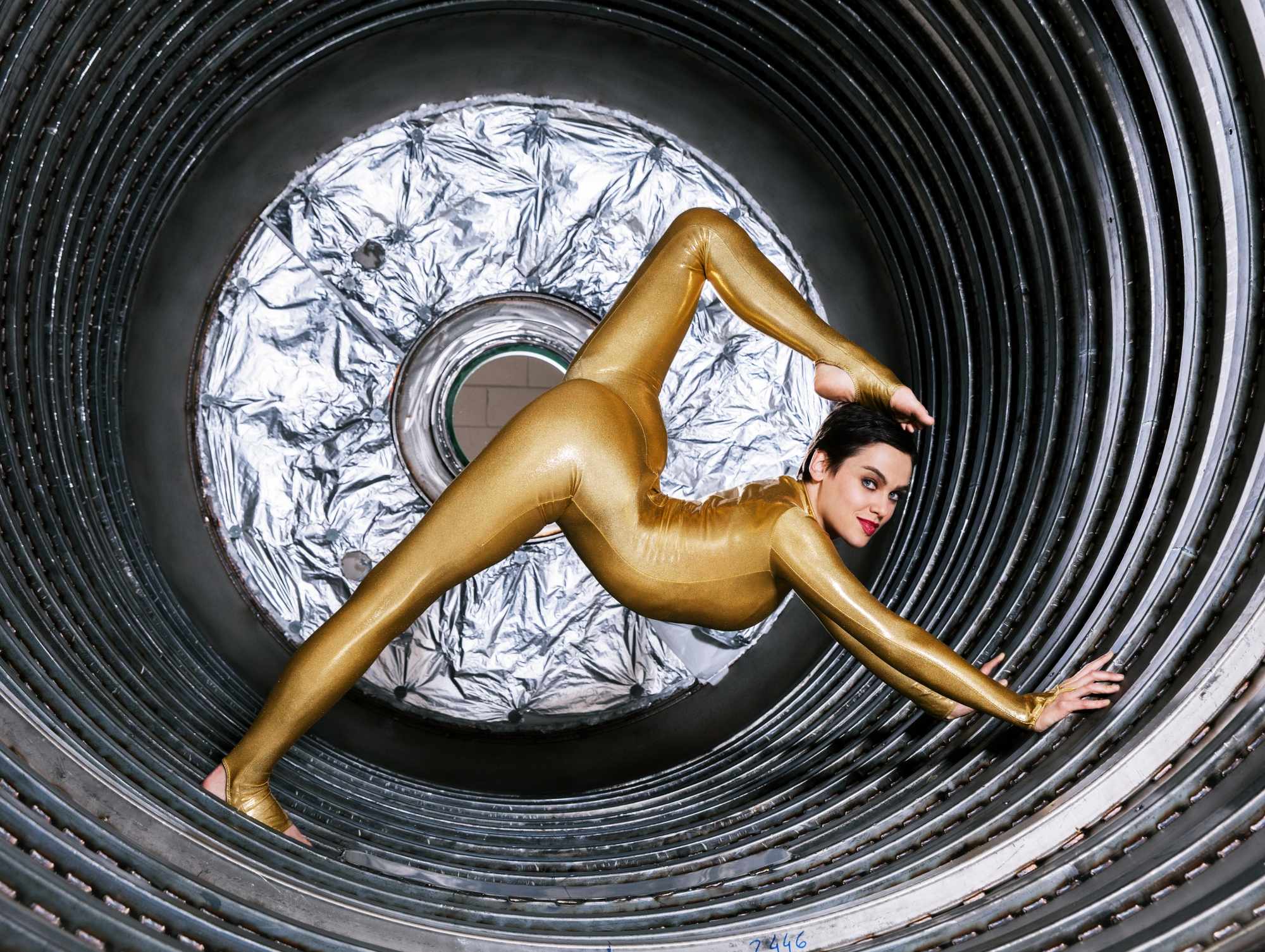
NINA BURRI
'Don’t listen to the naysayers, many of them are frustrated and won’t want you to shine. Fight for your career and listen to your inner voice! Only the ones that never tried can regret things'.
Nina Burri is an exceptional entertainer and stage performer originally from Bern, Switzerland. After a very successful 10-year ballet career for the best dance companies in the world (e.g. Béjart Ballet Lausanne) and shows such as the world famous Moulin Rouge in Paris, Nina left everything behind and went to China to learn the art of contortion and hand-balancing. That led to a successful worldwide career and countless accolades. In 2021 she was given the ‘Lifetime Achievement Award’ for her 35-year long career on stage. Today, Nina is considered one of the oldest professional working contortionists in the world.

Could you describe your background in a few lines?
I have been a professional contortionist for 14 years. I started this profession at 30 years old when I went to China and learnt the art of contortion and hand balancing after a successful career as a ballet dancer.
As a contortionist, what would you say defines you?
Well, I guess through my 4-hour daily training I am very flexible compared to other people, I have to have strong willpower and discipline to do this demanding art every single day, and I have to be the best version of myself, every single day. But let’s be honest: could I ever sit at a desk longer than four hours a day without moving afterwards? Clearly not! That’s why I love my job, it’s flexible in every aspect.
What have been your main hurdles—physically and/or circumstantial—to being elite in the contortion world.
The biggest hurdle was going against all negative opinions about starting a contortion career from scratch at that late age of 30. Nobody felt it was great to start over, except myself, of course. Why not try something unknown and new when it feels right? I was always flexible compared to other dancers, but I’d say that 80 percent of my success came from hard work and good flexibility training. Not from talent or physical advantage. I never had a teacher that guided me through training and or gave me the keys to a successful career. So, everything is research, stop and start, detours, learning by doing, collecting experiences.
That means I could have had it much easier if, in the beginning of my career someone could have told me the ideal ways of stretching and bending and telling me how to avoid accidents and joint problems etc. I always found a way to get out of injuries and they luckily were never so bad that I had to stop for a long time. My body tells me clearly today what it can handle and what should be changed. I love the fact that I trust it much more now instead of trying to get over things to appear stronger.
Contortion is an art of extremes; what is the most challenging on a physical level for you?
You actually can’t just say that today you feel a bit heavier, tired or had a hard show last night, let’s not train today. Contortion has to be done daily but depending on the performance schedule I can adapt this training a bit, especially when the day before was very hard with several shows. Then I go more into the yoga aspect of it, instead of the part that takes such energy and strength. Recovery has to happen somehow during the training, and that makes it possible.
You are one of the few world-class contortionists and you seem never to age. Could you share your lifestyle regimen with us?
Thanks for the kind words. Well, first of all, I think that a well-balanced lifestyle is a must. Enough sleep, lots of water, foods that I digest well and give me power instead of taking too much. I avoid heavy foods that I found out are not good to me…I avoid them. Of course, I love a nice dessert from time to time and a pizza once on a while, soul foods are also important and make me happy, especially in social situations. But I know for myself when they are good and when they are more a burden than fun. I don’t eat during the 8-hours before a show, but afterwards I enjoy a nice meal, of course. I have certain allergies, so even though I love fruits deeply, I have to avoid too many of them because of the fructose that I don’t tolerate anymore. I’ve also avoided sugars for a year and my body feels much better without that craving. Chocolate was a tough one for me. Without sugars, I feel that my body recovers much faster, and joints are less stiff and more flexible. Inflammation occurs way less. I never smoked or drank coffee or alcohol. Maybe that’s another reason I can still be the best version of myself.
There are two things I do daily: 4 hours of contortion training for my body and 4 hours of office, social media, correspondence, planning, rehearsals. The traveling to a show and performing are the third component that comes into a day, depending on the booking situation. Sometimes I am also work as an actress, host, or do modelling work.
Now that we talk about age: what is your relationship with the idea of getting older?
Luckily, I have no problem with getting older. I am used being one of the oldest contortionists. That started when I did my education in China, I was a ‘granny’ compared to the young kids there. So, I always say, as long as I love my job, and people still want to see me on stage, and bookings are still great, I will go on. I give myself two more years in the way I am performing now. And life will tell me if there will be another two years, or another kind of show that doesn’t require the hardest tricks or good looks. Maybe more comedy? Maybe more acting? I am not sure yet, but life has always showed me the right way, and I will feel clearly when it’s time to say goodbye. I am usually the first one knowing/feeling things before the audience realise it. Nothing could be more embarrassing than people saying: ‘Oh, she is still pretty, but those tricks were much better when we saw them five years ago’. That won’t happen, for sure. The older I get, the clearer I am with what is good for me, what I accept and won’t accept anymore and letting go of things that don’t bring me anywhere. That feels great and energies can be used much wiser now, for things I really still love doing!
You have been on stage for decades; what would you say have changed in your body over the years?
Since I never actually stopped doing what I do now, I can’t really say I lost things over the years. About five years ago I had a major hip/muscle/joint injury and inflammation, but I mistakenly never sought out a doctor or had it properly treated. A year ago, in a crazy open-air show, I injured the part so badly again that I had to find ways to go on in my training, to treat it with a physiotherapist, and to find new ways to face the problem and change my training. I had to rethink lots of aspects and first I thought I wouldn’t get back my crazy flexibility in that right hip. But now I can say that injuries can heal, it just takes more time and knowledge, and clearly the FLEXIBLE collagen peptides help and support such areas in my body! I definitely feel the difference. Injuries happen during the years, of course, I can feel that those areas are special and need greater attention. With age you have to make wiser decisions about who to say yes to and what to clearly say no to! When I was younger, I had problems saying no, and I later paid for it.
What was the best moment of your career?
I have had many amazing moments on stage, I just got the Lifetime Achievement Award for my 35-year career as stage performer, first in ballet and now in contortion and all the other things I did on stage over the years. The day when I came back after the COVID lockdown, was the show where I received this award. We had no audience, since it was a TV show, but I performed with an orchestra. I had just overcome the hip problem I mentioned before. This show felt like either I’d to walk the next day, bend and twist and know you can go on, or I will feel that this is the last show, because I didn’t know yet how my body would react after that long performance break with the injury. It was not the greatest highlight of my career, but it made me so happy to perform my best show without pain and fear! I felt like a hero, because I obviously had done the right things to be back in shape when it counted, and never gave up believing that I would be back as a contortionist, even with that difficulty in my hip.
A similar satisfaction I had when touring with Swiss National Circus Knie for eight months. Every day shows, sometimes up to three times. Almost no recovery time, but every day 2000 people in each show. A crazy time that I enjoyed but also the hardest challenge in my career. I am thankful for that time! I learnt so much about my body and myself.
What was the most challenging time of your career?
Clearly rejections as an aspiring ballerina in the first part of my career. I had very little self-confidence, I often heard from teachers that I was not good enough, not flexible enough, which feels like a joke today, not turned out enough in my hips, not experienced enough, not enough technique, so many 'not enoughs', with time you feel brainwashed and believe it. This was a problem when I went to auditions. I heard that negative voice of my teachers in ballet school in my head, instead of saying to myself that nobody in the audition knows about those teachers, just dance and pretend to be the best dancer in the world! It took me years to get it and do it and become confident. Luckily some choreographers saw more in me than I did myself, and so I got a few chances to prove my talent and willpower on stage.
If you could go back in time and talk to the dance student you were at 15 years old, what advice would you give her?
Don’t listen to that teacher that tells you your turnout is not good enough, because first of all, you must have the right training to improve it and then we see if it’s possible to get better.
Don’t listen to the naysayers, many of them are frustrated and won’t want you to shine. Fight for your career and listen to your inner voice! Only the ones that never tried can regret things.

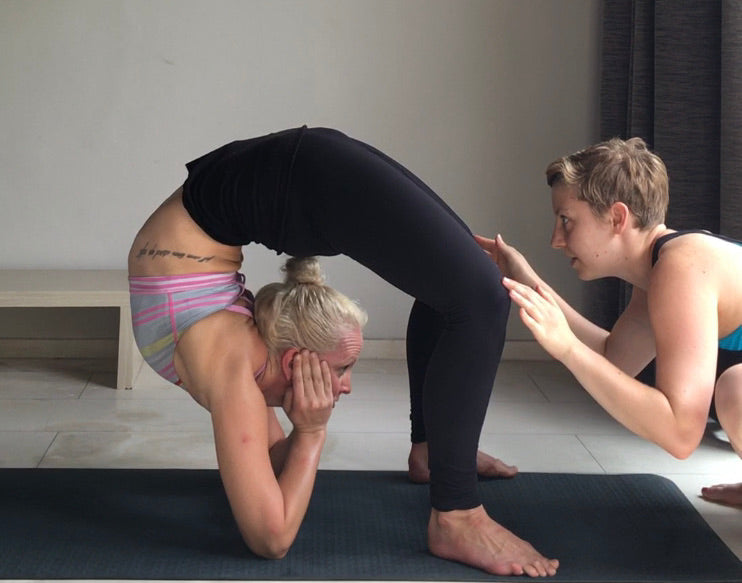
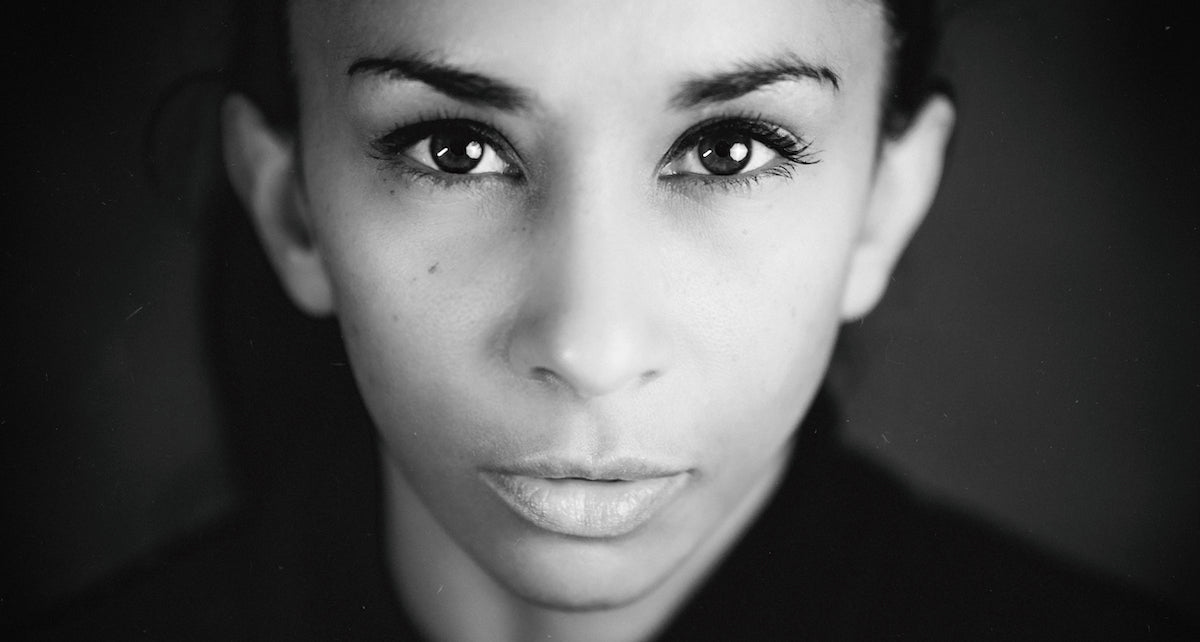
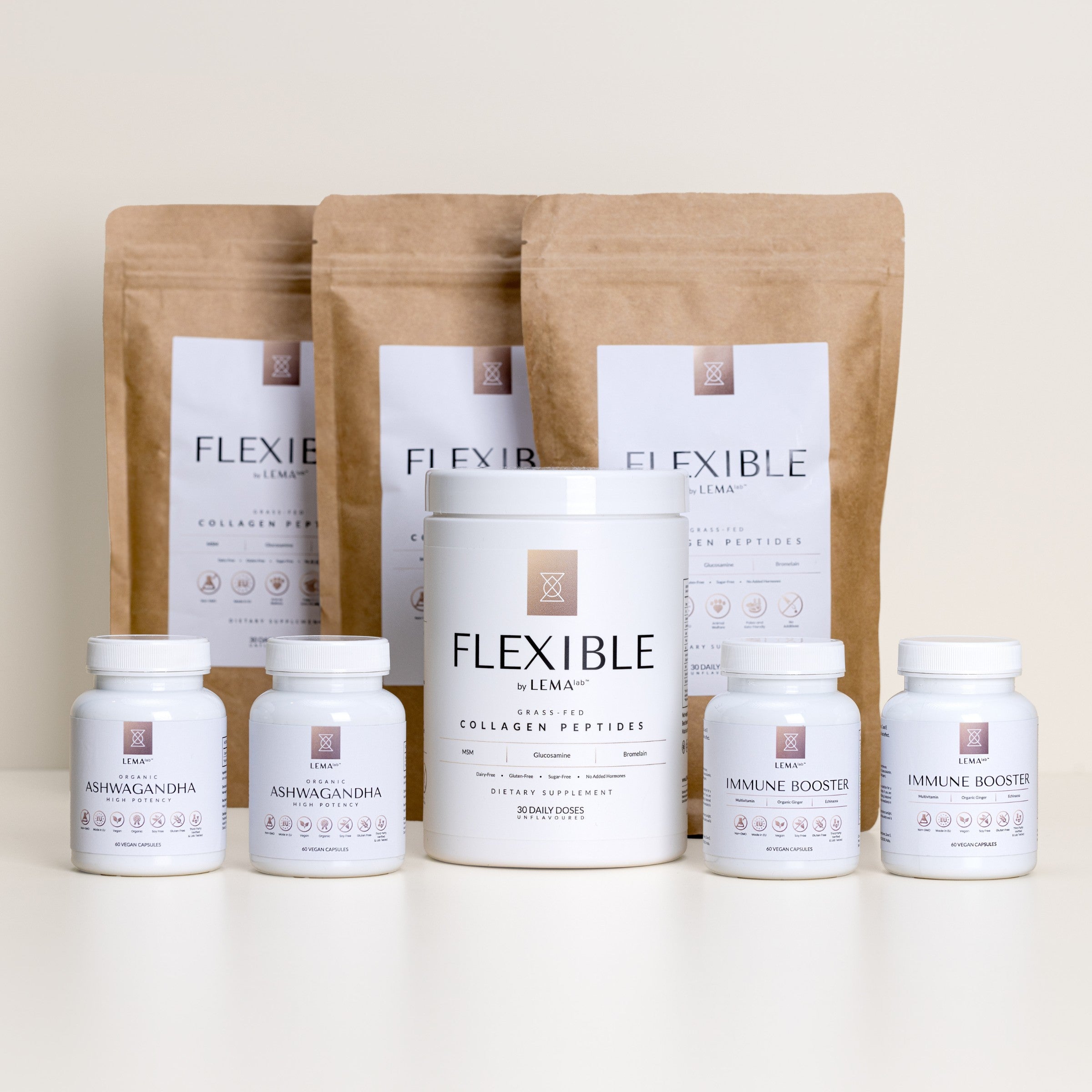
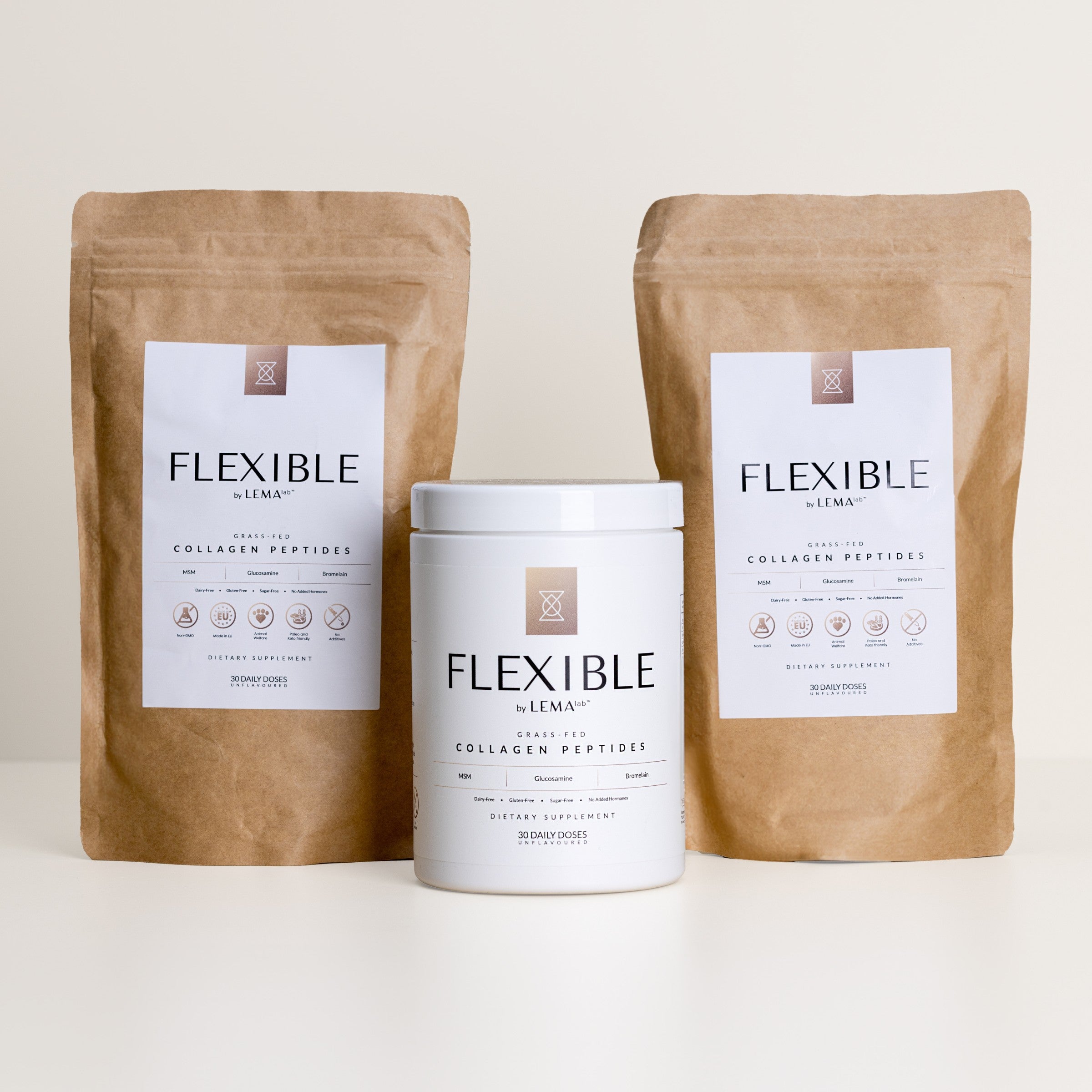
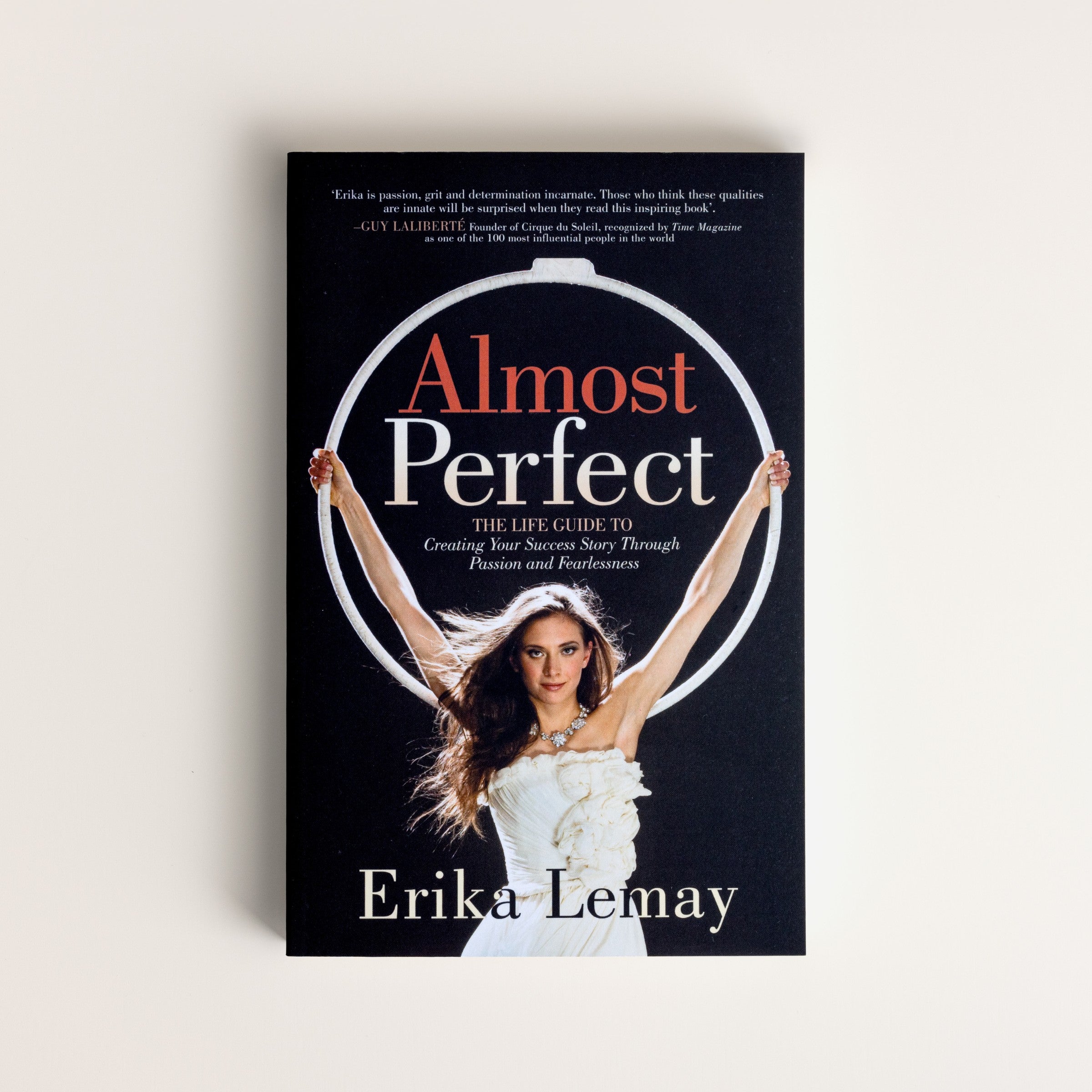
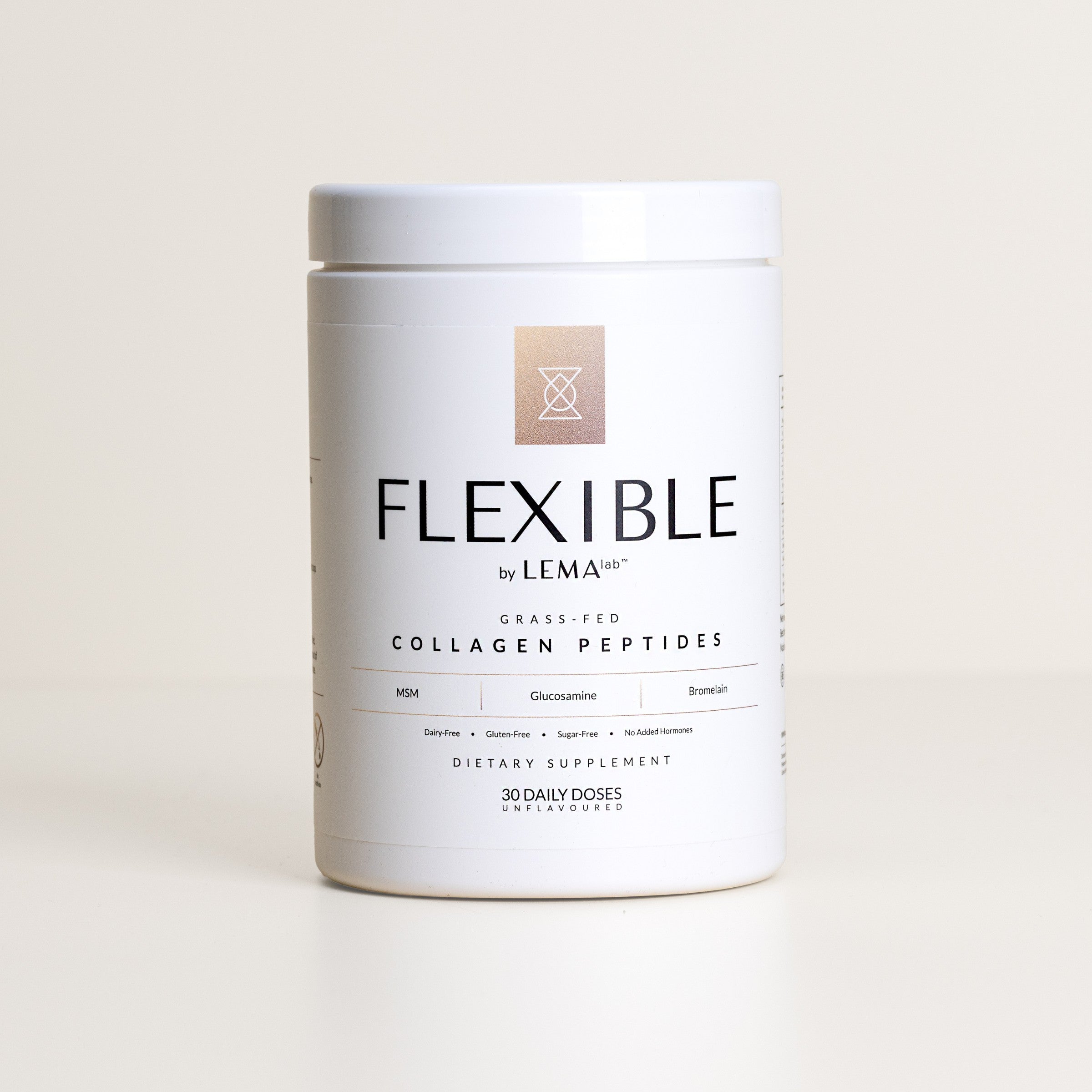
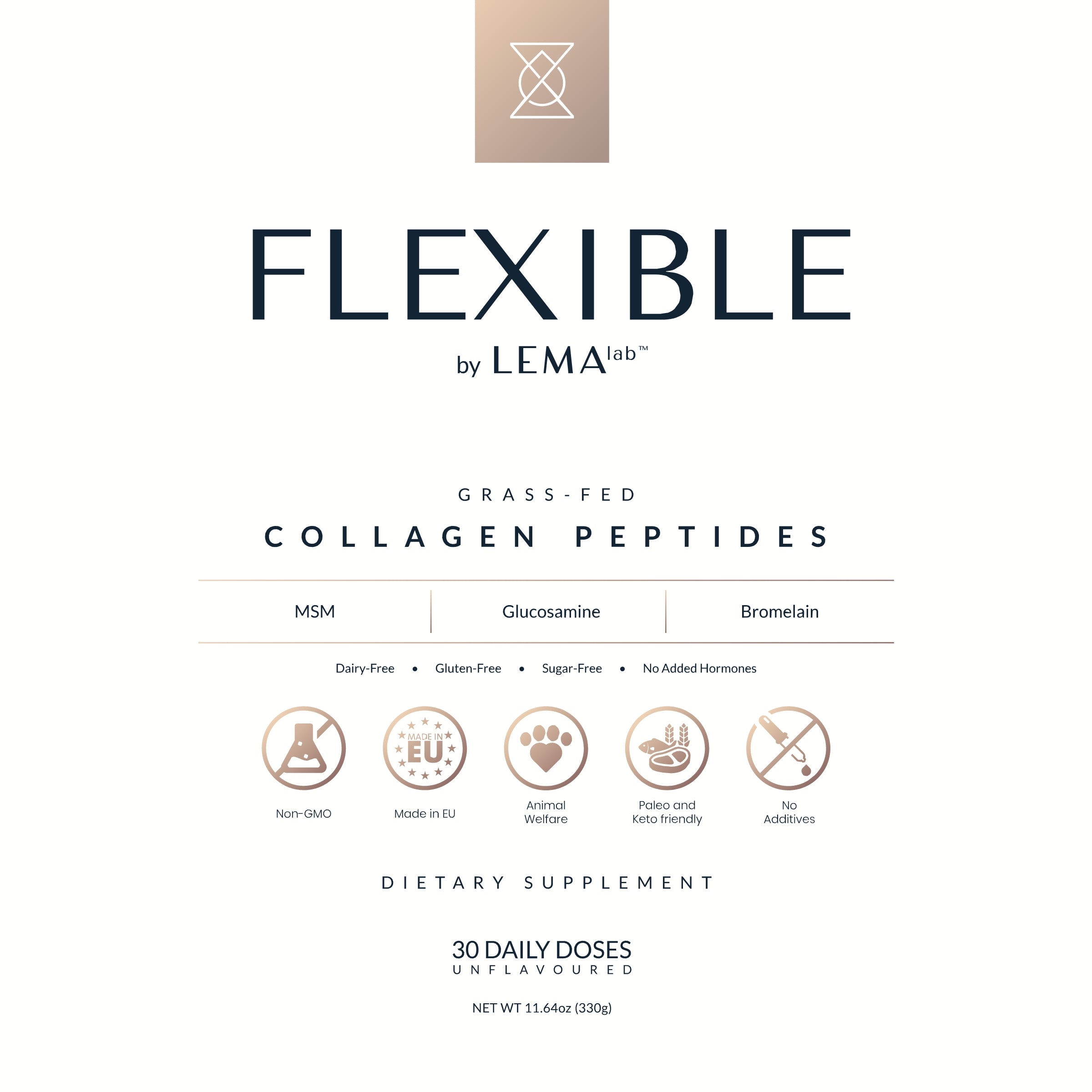
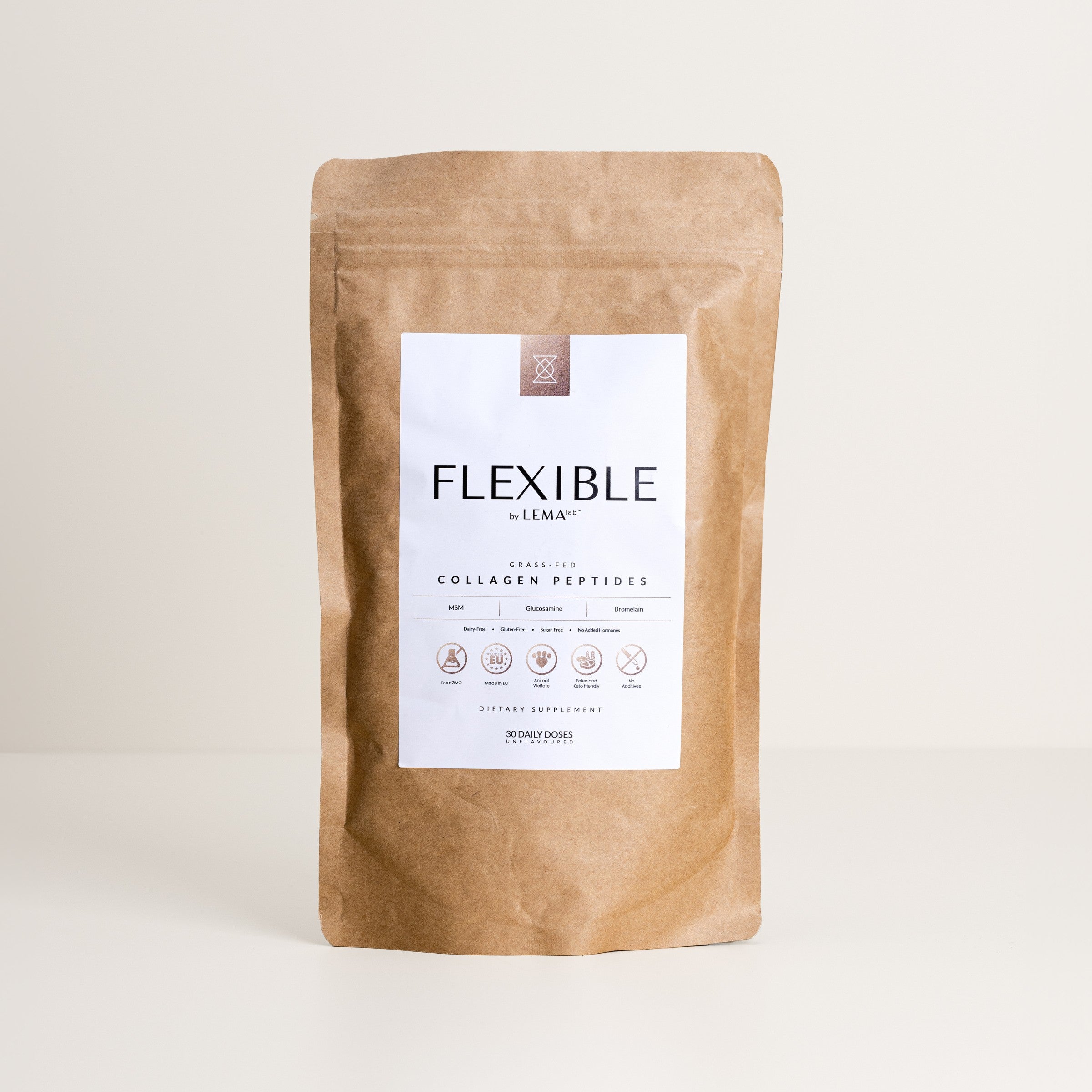
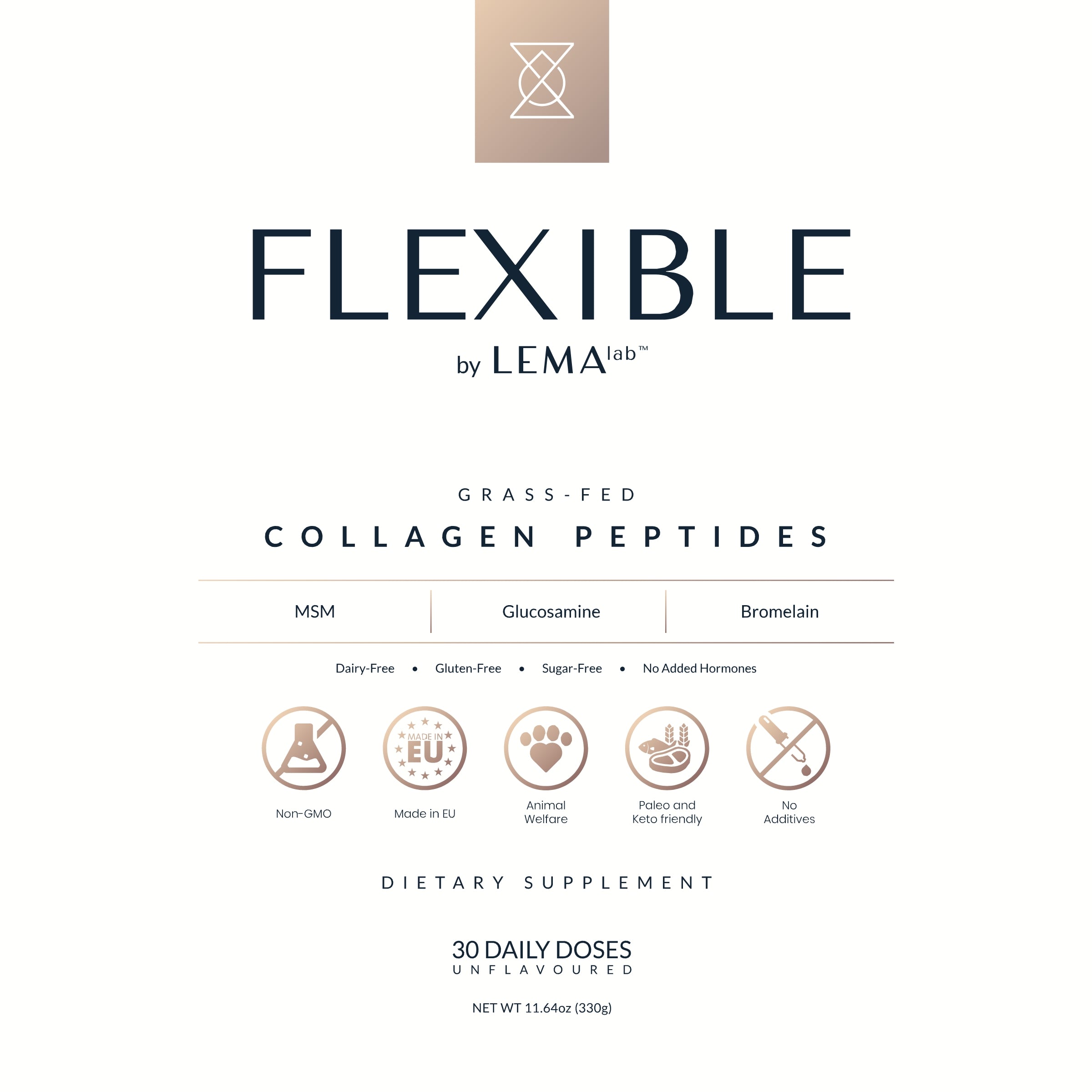
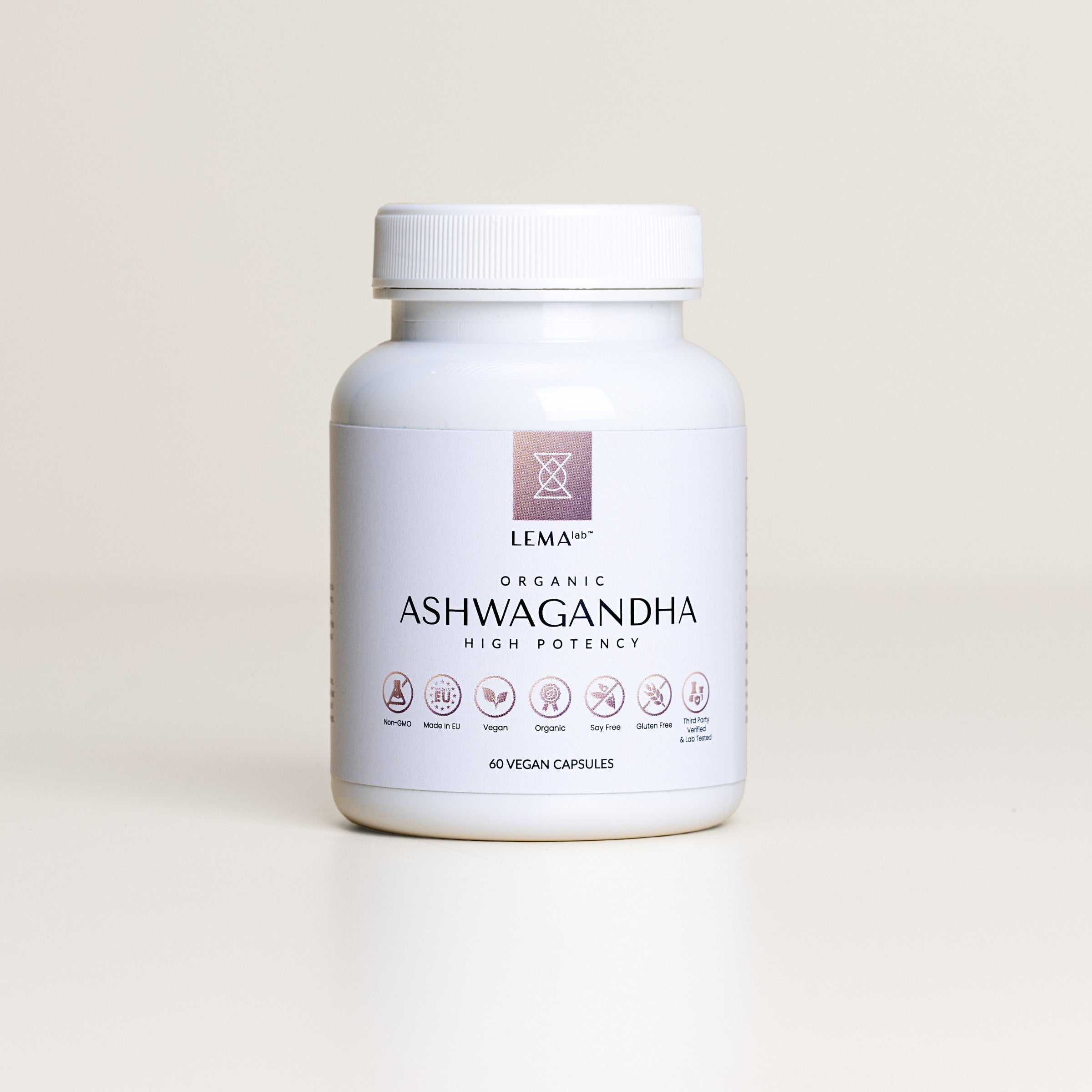

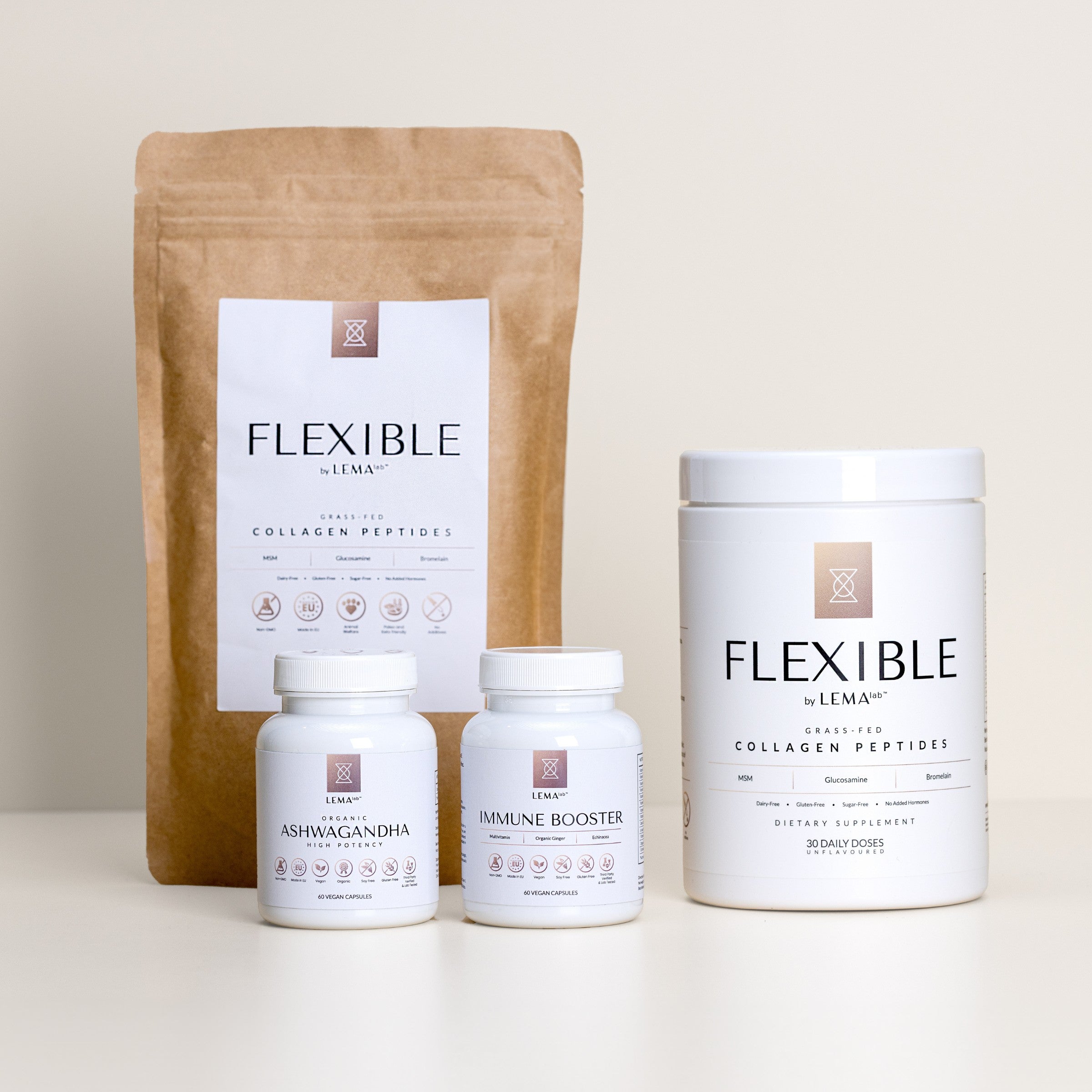
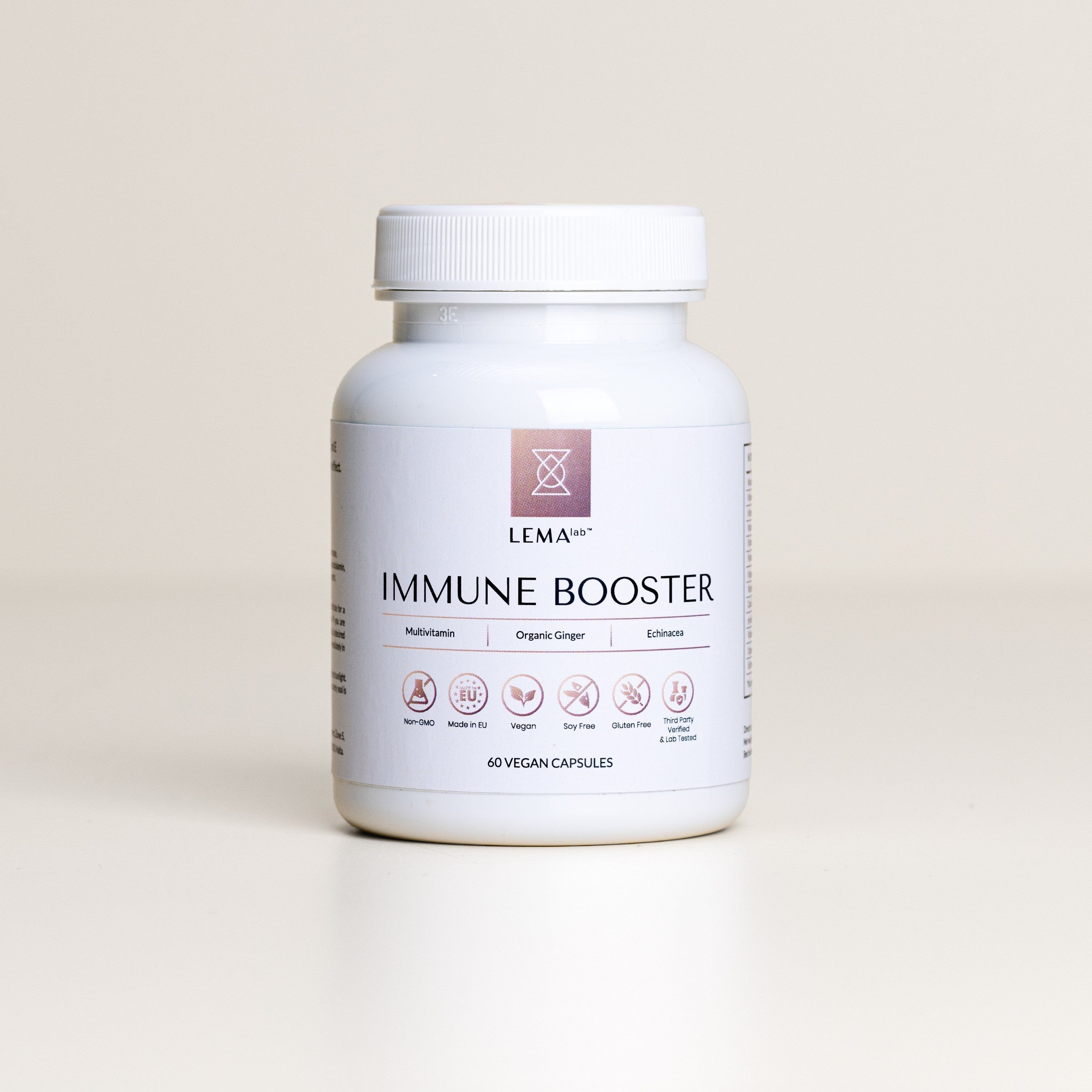

Leave a comment
This site is protected by hCaptcha and the hCaptcha Privacy Policy and Terms of Service apply.